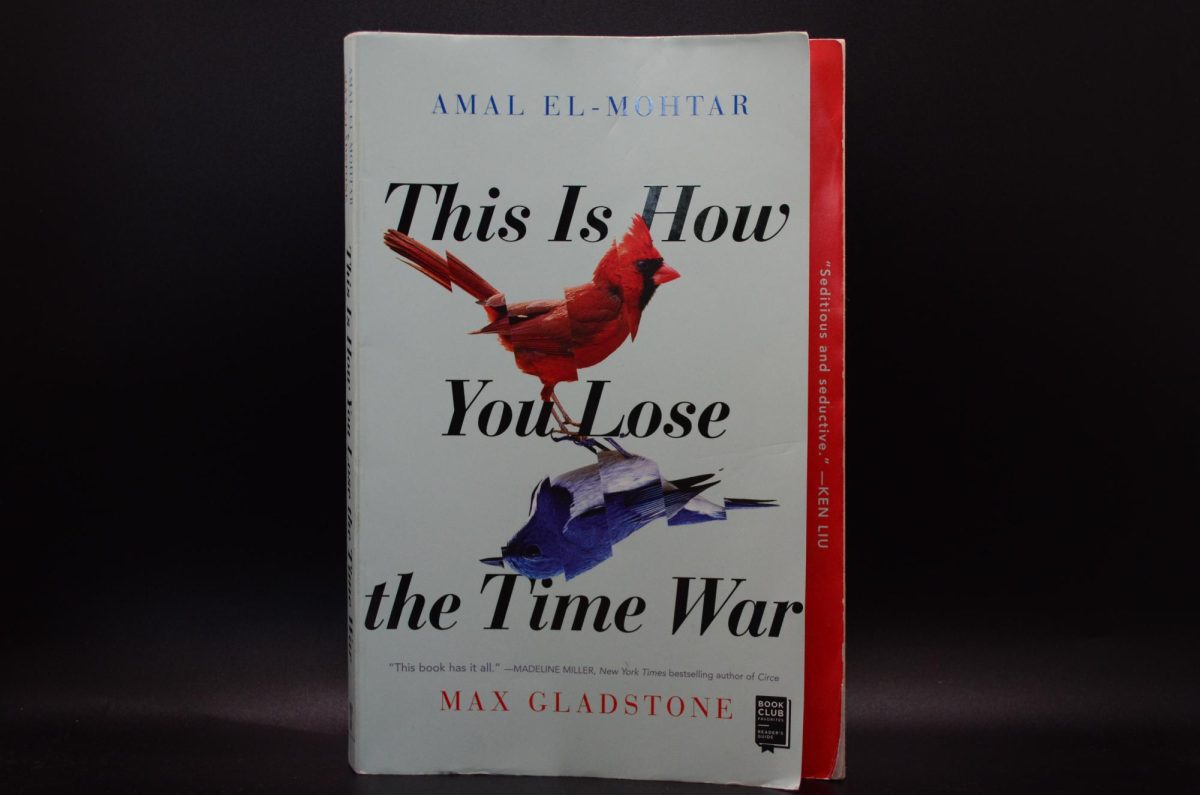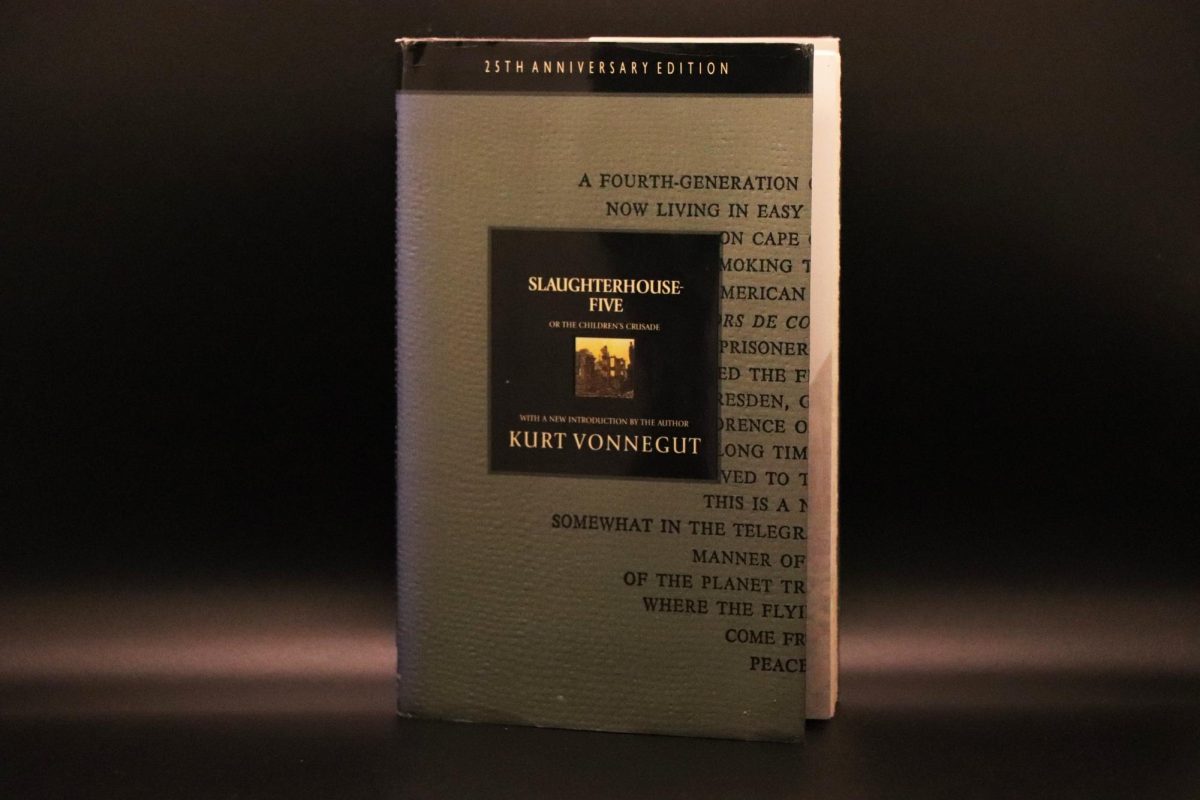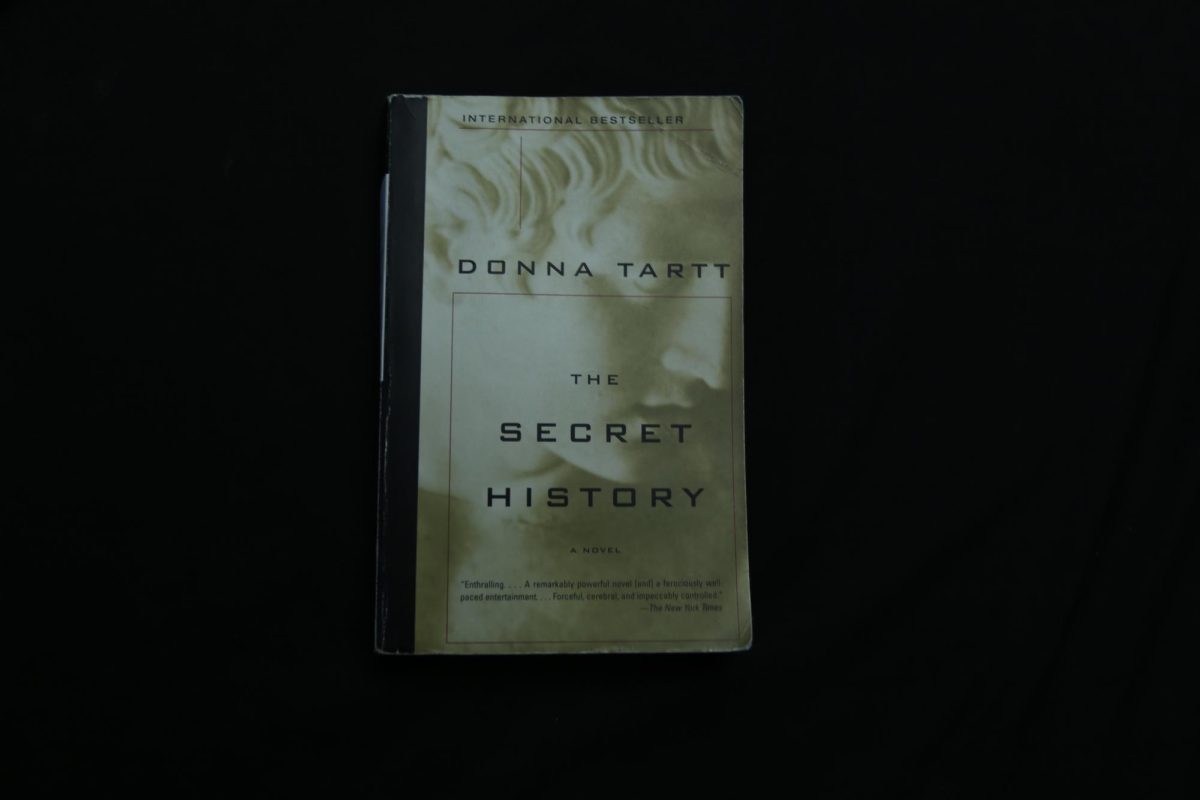I am not religious. I know very little about Judaism (religiously and culturally), and have never had a burning desire to learn. However, Chaim Potok is a mastermind when it comes to writing contemporary Jewish fiction that appeals to even the most religiously uneducated person. His first novel, The Chosen, brings two boys together into an unlikely, perplexing friendship that continues into the Chosen’s sequel, The Promise. Potok’s next riveting story, My Name is Asher Lev, unites the vastly different aspects of traditional and modern Judaism through the life of a Jewish artist, Asher Lev. Potok follows Asher through his Brooklyn life, and into the sequel, The Gift of Asher Lev. Potok was revolutionizing the way I read. Thinking that Potok couldn’t push my literary revolution any further, Davita’s Harp changed my life.
Ilana Davita Chandal is introduced to us in Brooklyn, New York, when she is maybe eight-years-old. She is innocent, curious, and conflicted between two worlds: the secular world of the Communist party, which her mother and father fervently support, and the religious world of her mother’s Jewish past. Ilana’s father, Michael, is a journalist who frequently makes trips to Spain throughout the ongoing Civil War. Ilana’s mother, Anne (also referred to as Channah) is a communist who is overly-devoted to serving her party. Once an observant Jew, Anne, as we know her, is anti-religious.
Potok very subtly leaves Ilana’s age an irrelevant mystery. Through her year in school, one can make an educated guess, but her exact age is never known. The brilliance here comes with Potok’s style of writing; it is apparent throughout the book that the narrator, Ilana, is a child. Though because her age is unknown, one must really contemplate not only what Ilana says, but thinks. Through this, Potok does a magnificent job of highlighting the unimaginable ability of a child’s mind.
Ilana continues to grow as her parents, particularly her mother, work deeper and deeper within the Communist Party. Ilana’s mother is frequently in Manhattan to “work on the party” and holds several “study sessions” at their Brooklyn apartment. A friend from Anne’s past and also an avid Communist, Jakob Daw, spends a lot of time at the Chandal house. As an under-appreciated writer, Jakob’s metaphorically philosophic stories inspire Ilana to delve into the meaning of religion, war, and the world.
As a reader, I thought these were quite precocious subjects to be contemplating as a child. And they are, but the way in which Ilana simplifies them makes her more mature than the majority of people who, in reality, actually deal with these problems.
In wake of hardship, Ilana starts attending the local synagogue behind her mother’s back. She recites the Mourners’ Kaddish, a prayer traditionally said by men, and is viewed as as an anti-traditional threat among the local Jewish Community, and wears that title with pride. Ilana and her mother grow apart because of this, but their family is rebuilt as quickly as it is torn apart. The intimacy of Potok’s writing makes the reader feel as though its their own family, which is why I loved this book even more.
Davita’s Harp is a riveting coming of age novel that looks at World War ll from three different aspects: the Spanish Civil War, the American Communist Party and the perception of war in a child’s mind. It has a luminous tone, and my emotions fluctuated with Ilana’s. Once I finished it, I couldn’t help but feeling like a deep friendship had been severed; that part of my life had ended. Davita’s Harp is fictional wonder. It is clearly a story that has to be told.
















